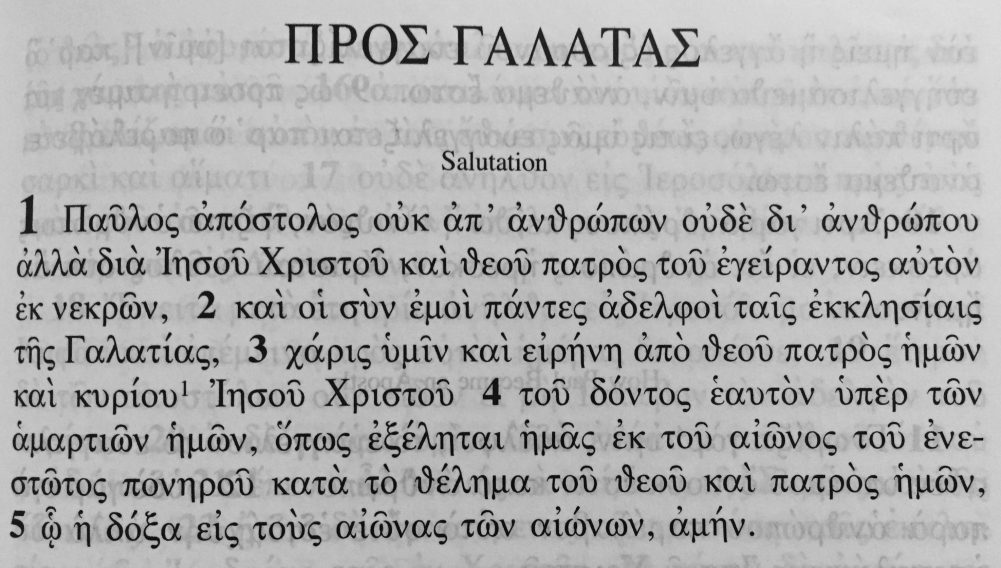The law is God’s will. It is unchangeable. It is good. And yet, as sinners, our relationship to it this side of heaven is forever tied to our fall, to our sinful nature, to our transgressions. While the law was written on human hearts, it was written on stone as well to curb sin, to accuse and threaten, to show sinners’ need for a substitute.
Here Paul is contrasting the law given to Moses (the Mosaic Law) with God’s saving promise in Christ. The Mosaic Law was a formal arrangement. It was bilateral. If you do this, that. God’s promise in Christ is, on the contrary, unilateral. God gives. The law served Israel in a number of ways, as a hedge against the idolatry of their neighbors, as a curb for their own sin, and as an aid in preventing a loss of focus upon their special role as God’s chosen people, for example.
Law and gospel aren’t at odds necessarily. The law accuses, the gospel consoles. The law kills, the gospel makes alive. The law shuts mouths so that ears listen to the gospel. The law condemns, the gospel justifies through faith in Christ. The law rules in the temporal realm, civic righteousness, as discussed in another post, serving for the good of our fellow citizens and civil order. The gospel reigns in the church, God’s mouth-house, where forgiveness is proclaimed.
We do well to remember these differences and to remember that the law, this side of heaven, always stands against our sin, while the gospel removes our sin. The law in its theological and political uses deals with sinners. The gospel declares sinners saints. Both must stand. Both must be used rightly. The Christian never outgrows his or her need for either until Christ calls him or her out of this life. We’ll pick up on more of this in our next devotion.

